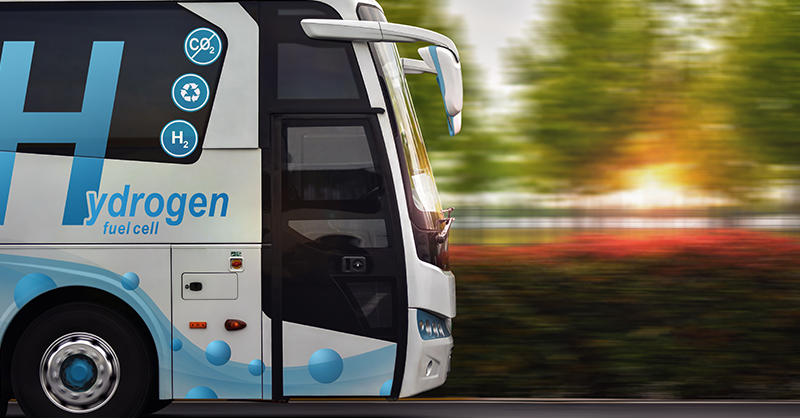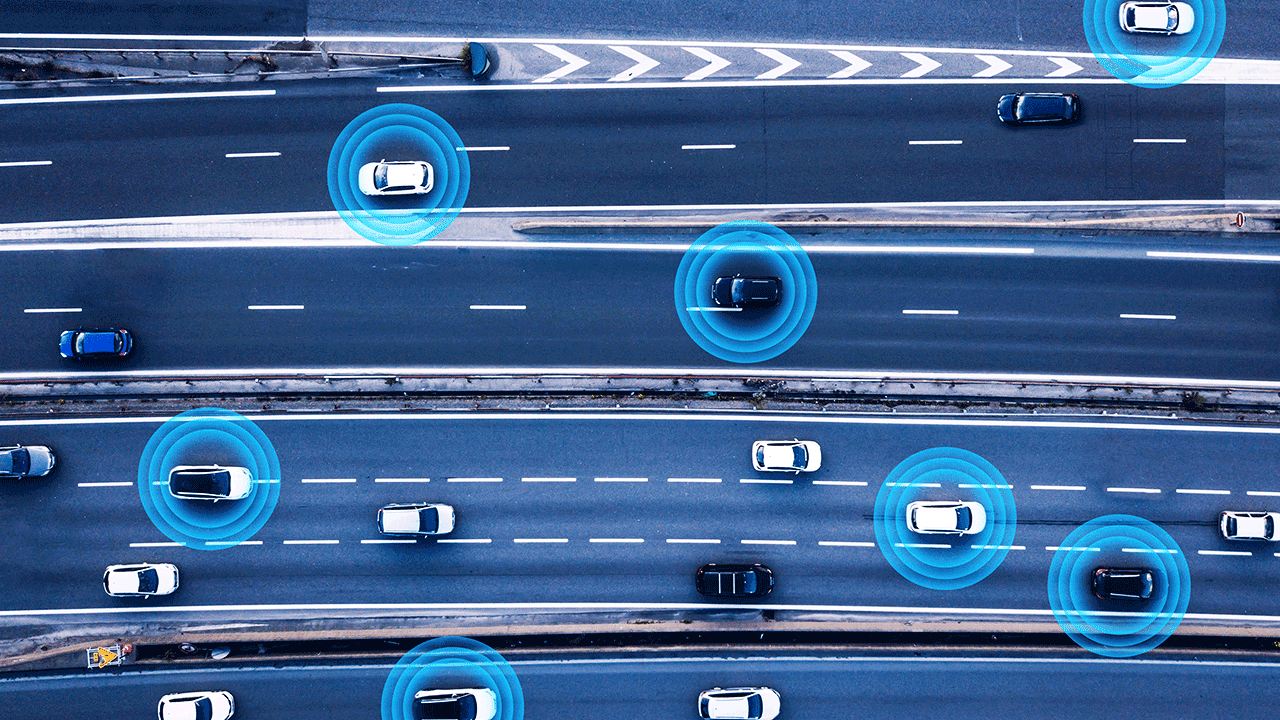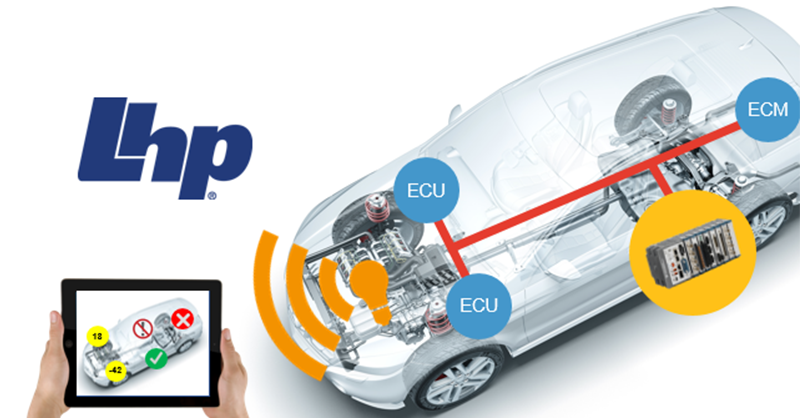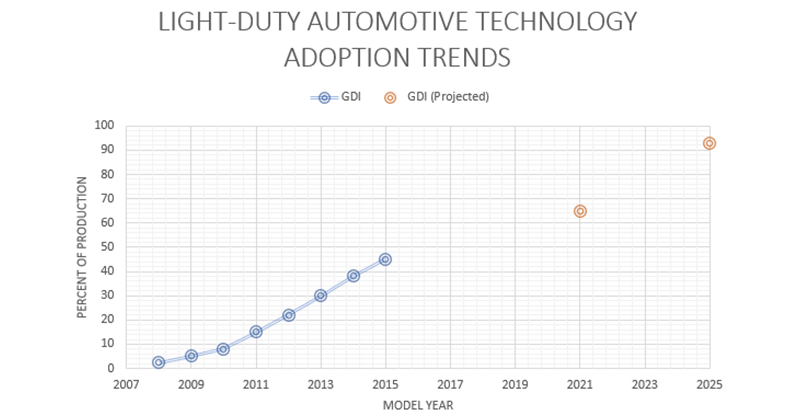Why is Safety at the Core of Software-Defined Vehicles?
Why is Safety at the Core of Software-Defined Vehicles? Creating technology can be a complicated and time-consuming process. At LHP Engineering...
Unlock Engineering Insights: Explore Our Technical Articles Now!
Discover a Wealth of Knowledge – Browse Our eBooks, Whitepapers, and More!
Stay Informed and Inspired – View Our Webinars and Videos Today!
Exploring the future of software-defined vehicles through expert insights.
1 min read
 Steve Neemeh
:
Aug 13, 2020 5:05:44 PM
Steve Neemeh
:
Aug 13, 2020 5:05:44 PM

The transportation industry is quickly dominating fuel cell technology, owing to the rising number of fuel-cell powered vehicles across the world. Rising interest in heavy-duty transport applications and a huge market potential in Asia-Pacific for fuel cells in heavy-duty transportation is expected to create significant opportunities for the fuel cell market in the coming years. While Japan and South Korea are expected to play a pivotal role in advancing the fuel cell electric vehicle technology, Europe market is being driven by the Joint Initiative for hydrogen Vehicles (JIVE), which seeks to deploy zero-emission fuel cell buses. A major challenge being faced by the transportation industry to bring this technology to on-highway vehicles is the functional safety aspect of electric vehicles. Companies like LHP, will play a key role in adapting the existing off-highway technologies, with its Model-Based Design expertise and functional safety know-how.
LHP has many years of experience in both Model-Based Design and functional safety. LHP has conducted several gap analyses with respect to the ISO 26262 standard for functional safety to help its customers identify non adherences and close those gaps while consulting on Model-Based Design best practices. This breadth of experience puts LHP in a unique situation to help its transportation customers redesign the existing off-highway technology to on-highway standards. LHP helped a customer successfully launch their technology by rearchitecting the existing models to make it reusable, reliable, and predictive. LHP worked with measurement systems consisting of raw inputs, electrochemical and mass-energy modeling, Maxwell-Stefan equation, and more. Specific to fuel cell modeling, LHP worked with input control design of managing the feed controls, manipulating the reactants feed, controlling reactant concentrations, controlling stat temperature and maintaining temperature controls for safe reactions, while using adaptive modeling to predict the flows to attain specific conversion rates and feedback loops. While adapting the fuel cell technology, a growing area of interest is range extenders due to batteries having limited range.
Going forward the system is designed for functional safety compliance, reusability, and maintainability.

Why is Safety at the Core of Software-Defined Vehicles? Creating technology can be a complicated and time-consuming process. At LHP Engineering...

Powered by: LHP Engineering Solutions, AASA Incorporated, National Instruments, and PTC LHP Engineering Solutions, an engineering services provider...

As automobiles continue to become cleaner, higher performing, and more reliable, their designs evolve. One critical system undergoing dramatic change...